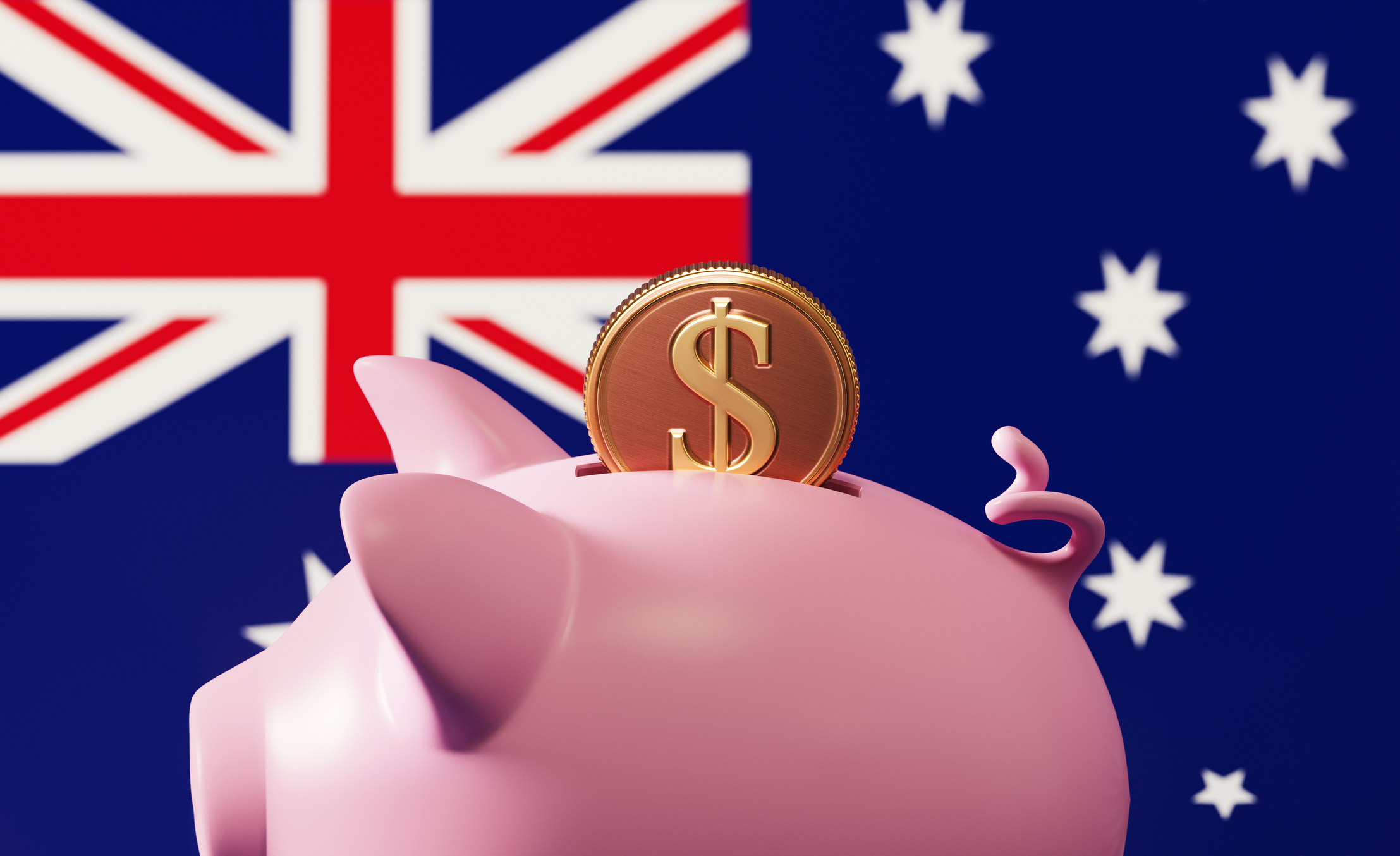Australia's Labor government says the billions in cost-of-living relief unveiled in the federal budget for families and businesses won't worsen inflationary pressures and put more pressure on the central bank to lift rates further.
Australia on Tuesday boasted the first budget surplus in 15 years after its coffers swelled from bumper mining profits and a strong job market, with unemployment now at near 50-year lows of 3.5%, boosting income tax while curbing welfare payments.
But inflation sits at near 30-year highs of 7.0%, forcing the federal government to announce relief measures aimed at lowering power bills and easing pressure on consumer prices.
"We wanted to take pressure off families whilst we didn't put pressure on inflation," Prime Minister Anthony Albanese told ABC Radio.
"We make no apologies for the fact that some of the most vulnerable Australians are people we're providing assistance for in this budget."
The budget includes a $A14.6 billion ($NZ15.5 billion) cost-of-living plan, set to deliver up to $A3 billion in direct energy bill relief for low-income families and small businesses. It also has set aside more money for unemployment allowances and other income support payments.
Treasurer Jim Chalmers brushed aside concerns the support measures could stoke inflation, saying all the relief would not impact the economy at the same time.
"Broadly across the economy, we don't expect (the support) to be adding to these inflationary pressures," Chalmers told ABC television, adding some measures will be "actually taking some of the sting out of inflation."
Chalmers says his budget is restrained on spending, while also giving some relief, after the Reserve Bank of Australia (RBA) last week stunned markets with a rate rise rather than the pause expected by markets.
The RBA has warned that risks to inflation were on the upside given low productivity growth, rising energy prices and a surge in rents.
The government also plans to raise the base rate payments of JobSeeker, Austudy and Youth Allowance.
While the budget has forecast a $A4.2 billion surplus for the current financial year, deficits are set to follow in the next three years, albeit smaller than previously anticipated.
The improved budget outcomes come after the government banked more than 80% of revenue gains driven by high commodities prices and a strong labour market.
Opposition Leader Peter Dutton said the budget would add to interest rate pressures on already stressed middle-income households.
"Under this budget, at the very least, we know that interest rates will be higher and for longer, which is going to be a double whammy for Australian families," he told Sky News on Wednesday.
"For families, they are struggling at the moment, big time, and there's nothing at all for them in this budget."
Alongside the cost-of-living package is a $A3.5 billion investment in Medicare incentives to lift bulk-billing rates for concession card holders and children under 16 years.
Five million households are set to receive up to $A500 in assistance in energy relief, while one million businesses will receive up to $A650.
The energy relief means price increases for electricity will be 25 percentage points lower than expected, while gas prices rises will be 16 percentage points lower.

Treasurer Jim Chalmers said the power price relief would be targeted and the amount received would depend on which state or territory someone lived in.
"We'll make sure this relief is provided on the bill, rather than spraying around cash cheques to people. These electricity prices are much lower than they would otherwise be because of the combination of the energy plan that we put in place - the gas and coal caps and the energy bill relief."
But shadow treasurer Angus Taylor said households would still pay more for energy.
"Labor's failed to deliver on its $A275 electricity price reduction. It is clear in the budget now, that's a broken promise," he said.
"What we want to see from the government is taking pressure off inflation. This is not a budget that does it."
Energy Consumers Association chief executive Lynne Gallagher said the energy relief measures would provide welcome relief.
"The federal budget combines much needed immediate direct assistance with investments that help consumers get control of their energy costs," she said.
The government also announced reforms to its immigration system to fill critical labour shortages, projecting that net overseas migration will reach 400,000 arrivals for the current fiscal year and 315,000 next year.
The Australian Council of Social Service said while the extra bulk billed GP visits, cheaper medicines and help for single parents was welcome, JobSeeker remained one of the lowest unemployment payments in the OECD.
The Australian Chamber of Commerce and Industry said it was a credible budget, but more business incentives were needed.
- Reuters and AAP












